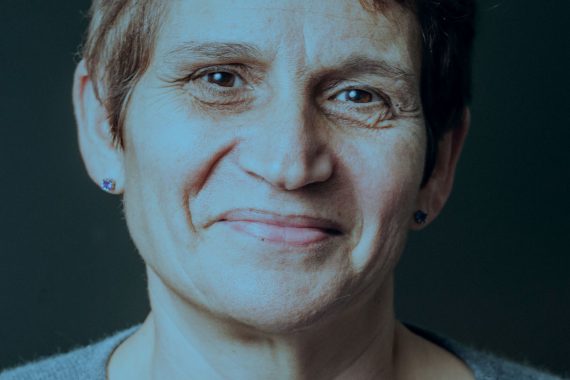
Having recently redone my ‘compulsory’ fire training, I am not sure, given the real-life circumstances of a smoke-filled room, panic among individuals and the unfamiliarity of the event, whether the online course would help me to remember which fire extinguisher to use, never mind how to use it. But as with many thousands of NHS staff I completed this as part of our preparation for CQC inspection. This is alongside the 30-odd hours’ worth of other training required. I know the CQC claims in its FAQs that there is no such mandatory training, but inspectors are looking for evidence of such training during their visits, so woe betide anyone who has not done it.
I am not against continuing professional development and I am a proponent of lifelong learning. But there is precious little time now to engage in learning for my needs (be they known or unknown). I am not against practices ensuring they meet standards of care or even an inspection or accreditation process. But there is a better way of doing this than the current CQC process.
Surely the CQC could work towards this to replace its current inspection process?
If a practice is struggling and relying on locums, how does it help to tell them that? Evidence from accreditation processes shows it is engagement in the process, rather than the actual final inspection, that helps improve standards, as the whole team works together on a single task – to improve the standard of care provided by their organisation.
Coming together, either for the process of accreditation or more importantly for learning and reflecting together is, in my opinion, a better way of improving the quality of patient care.
Groups give doctors a sense of community and help reduce isolation and emotional disconnection from peers. Groups that meet regularly provide continuity between individuals and teams. They encourage learning and self-care (in academic and personal health areas). There is insufficient time or space in the frenetic life of a GP to connect with others, to talk about the pressures of the job, or to discuss the defences we put in place to survive our work – defences that can become maladaptive in some, as we think we are immortal and can just work even harder to address problems that are not of our own making.
My solution, therefore, is to replace the current CQC inspection process and all its ‘mandatory training’ with an equivalent time and resourced allocation (for example, 30 hours per GP per year) of peer group work. Reflective spaces with practice teams or groups of GPs, meeting and learning and thinking together.
I hear all the arguments against – how will we find the time? How will we prove it’s happening? Who will cover our work when we are at these meetings? If we do it in our own time, won’t it add to our workload? Won’t this just be another tick box?
But this must be instead of, not in addition to, time in practice. This would have the added benefit of improving lifelong retention of GPs and boosting morale as well as learning and team cohesion. And there is evidence that group or teamwork improves patient care. So surely the CQC could, over the next few years, work towards this as a universal offering across the profession to replace its current inspection process?
Fewer than 5% of GP practices have been found to be ‘inadequate’ and a number of these received this rating for reasons beyond their control. Wouldn’t it be better for some of the vast CQC resources to be spent on ensuring that all practices had the time to recharge their batteries, to learn and think together in developmental, non-judgmental and safe spaces?
The CQC could still inspect a random selection of practices (say 5%) as well as those where concerns have been raised through existing systems, but not all practices as it does now.
A mature system might also allow practices to self-refer if they felt they were in need of help to improve. This would be better than punishing them for ‘failing’.
Given the power of the CQC and its ability to change the landscape of our profession, it could put its weight behind providing GPs with an intervention that evidence shows would improve morale, reduce burnout and fundamentally improve patient care.
Professor Clare Gerada is a GP in south London, a partner in the Hurley group and medical director of the Practitioner Health Programme
The fee for this piece has been donated to The Louise Tebboth Foundation, established in memory of Louise Marson (nee Tebboth), a Bermondsey GP who took her life in January 2015. The Foundation aims to provide financial assistance to projects and services which support the mental well-being of doctors in England and Wales and initiatives assisting the bereaved families of doctors who have died by suicide.
Pulse July survey
Take our July 2025 survey to potentially win £1.000 worth of tokens












